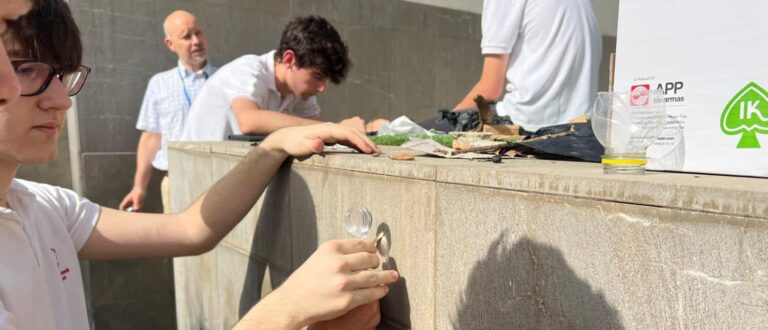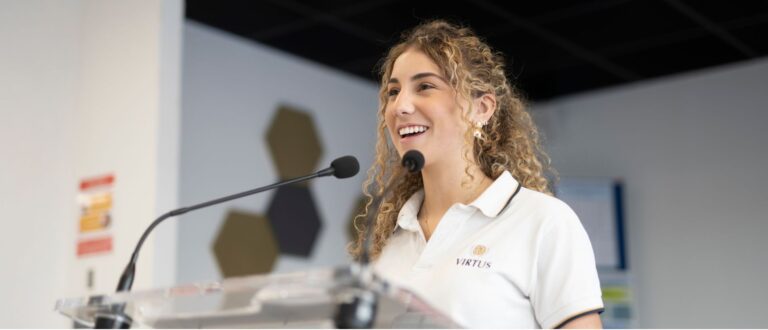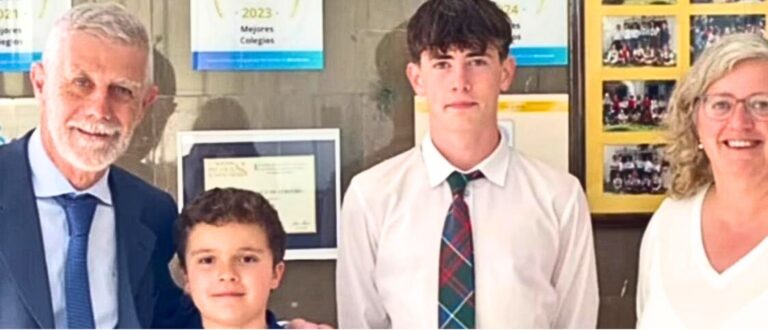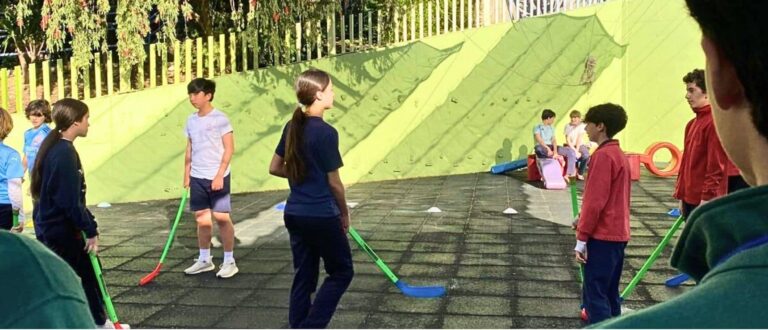In the vast expanse of scientific discovery and innovation, the contributions of countless female scientists have been overshadowed. This disparity in recognition is not just a relic of the past but a persistent issue that stifles the potential of half the world’s population. However, a new chapter is being written by the determined students at Virtus, a beacon of hope and change in the realm of scientific education.
Historically, women like Rosalind Franklin, whose pivotal role in the discovery of the DNA double helix structure went largely unrecognised, and Ada Lovelace, considered the first computer programmer, have made monumental contributions to their fields.
Virtus girls, aware of this historical oversight and inspired by the uncelebrated heroines of science, have taken it upon themselves to ensure that the future is different. They’re not just fighting for recognition; they’re laying the groundwork for a more inclusive and equitable scientific community.
This effort ensures that all students, regardless of gender, learn about the critical contributions of women in science, providing role models for young girls and challenging the stereotypes that have historically limited their participation in these fields.
An increasing number of girls at Virtus are enrolling in advanced science and maths courses, participating in science fairs, and expressing a keen interest in pursuing careers in STEM. This shift is a testament to the power of representation and the importance of acknowledging the contributions of women in science.
The girls of Virtus are not just fighting for recognition of the past; they are shaping the future. Their actions serve as a reminder that the contributions of women in science are not just footnotes in history but are foundational to our understanding of the world.
There will be women from Virtus in the future of science, and they will be recognised.






